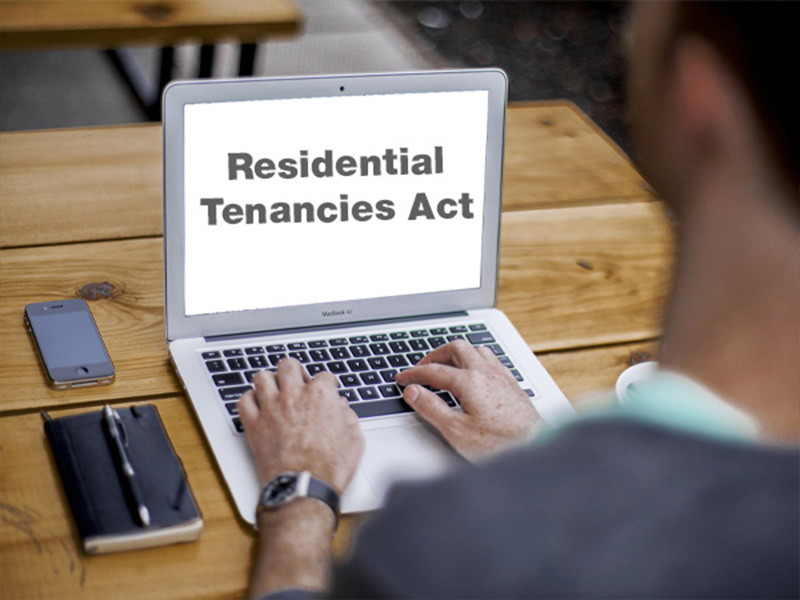As of August 2020, the Residential Tenancies Act reforms came into action, affecting landlords and tenants.
These amendments come into effect over the course of three phases.
Last month, we reviewed some of these laws in Phase 1, which included changes to rent increases and breach notices.
Phase 2 of this act will begin on 11 February 2021, where most of the remaining reforms will take effect.
In this month’s blog, we will be laying out three more critical changes to the Act. Along with fixed term tenancy agreements converting to periodic tenancy agreements, notice periods for tenants and landlords will be changing.
Compliance is now vital for landlords, as a new amendment allows action to be taken against them for all issues, past or future.
We will continue to update you on the new reforms as they roll out.
Notice Period for Tenants
When a tenant wishes to terminate their periodic tenancy, they must give the landlord notice beforehand.
This notice must be:
- Written
- Include the property’s address
- Include the date the tenancy will be ending
- Be signed
A landlord does have the right to allow for a shorter period time, but this agreement must be in writing as well.
In the new Residential Tenancies Act, this notice period changes from 21 days to 28 days for tenants.
Notice Period for Landlords
Landlords must also provide notice when ending a periodic tenancy, which must also be written and include that same information as stated above. However, unlike with tenants, the notice period for landlords is dependent on specific grounds.
A landlord must give a notice of 63 days if:
- The owner or a member of their family requires the property as their primary place of residence
- The property is needed for occupation by employees or contractors of the landlord
Or a landlord must give a notice period of 90 days if:
- The property has been sold
- Lengthy alterations are going to be made to the property
- The property is to be made into a commercial property or demolished
The amendments to notice periods for landlords will especially impact those who sell their property under vacant possession as this will affect the settlement date.
Enforcement Powers
New enforcement powers granted to The Chief Executive of the Ministry of Business, Innovation, and Employment (MBIE), including investigating and taking proceedings to the Tenancy Tribunal, will also come into effect.
The Chief Executive will have the right to take up a case against a landlord or owner on behalf of the tenant without needing the tenant’s consent.
Regardless of when the issue occurred, The Chief Executive can file a complaint within 12 months of it coming to their attention.
It is then essential for landlords and owners to be compliant with these new laws as it leaves them vulnerable to action being taken against them for both past and future issues.
These changes, along with the new Healthy Homes Standards, may feel like an extra added weight onto landlords. At Angel, we have an experienced team of property managers, all confidently well versed in navigating rental laws and legislation. We can assist you in understanding the Residential Tenancies Act and its new requirements. Contact us today for an obligation free consultation.

